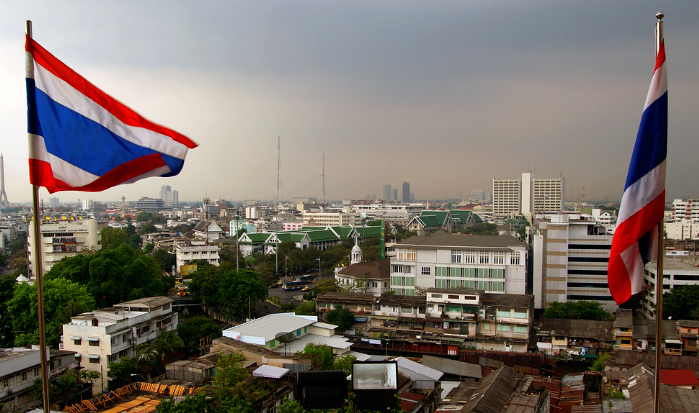Thai Court Prolongs Political Deadlock, Postponing Key Vote

Facts
- Thai House Speaker Wan Muhamad Noor Matha on Thursday put off the next prime ministerial vote from Friday after the Constitutional Court — citing the need for careful consideration — postponed until Aug. 16 the ruling on Pita Limjaroenrat's renomination rejection.1
- Three months after Pita's Move Forward Party won the most seats in elections, Thailand has yet to form a new government as Pita was voted down in parliament by the military-appointed Senate and later denied a second vote.2
- His second bid for the premiership was rejected, 394 to 312, on the grounds that his renomination was a banned repeat motion. Though the court may allow Pita to be renominated, his 312-seat coalition fell apart on Wednesday.3
- Pheu Thai, the second largest party in the alliance, decided to sideline Move Forward and take the lead in forming a new government as the progressive party has faced fierce opposition from senators and pro-military parties.4
- Under a reported Pheu Thai plan for a new cabinet, former real-estate tycoon Srettha Thavisin will be nominated for premiership and the party's leader Chonlanan Srikaew will head the Interior Ministry.5
- Public frustration, which has grown particularly among supporters of Move Forward amid the prolonged deadlock, has fueled several demonstrations in Thailand, including a rally outside Pheu Thai on Wednesday, raising the prospect of further street protests.6
Sources: 1Bangkok Post, 2VOA, 3Nikkei Asia, 4Reuters, 5Nation Thailand, and 6Al Jazeera.
Narratives
- Narrative A, as provided by Thaiger. While it was surely a controversial decision, the decision not to consider Pita as a candidate for the second round of voting for premiership has a strong legal basis given that his renomination would violate Article 41 of Thailand's Regulations of the Parliamentary Assembly (2020), which states that a motion that has been rejected cannot be reintroduced unless the House Speaker allows it.
- Narrative B, as provided by Thai PBS World. Given that the Constitution prevails over parliamentary rule 41, the prime ministerial selection process must be governed by sections 159 and 272 of the Constitution. Thereby, the Constitutional Court must overturn parliament's rejection of Pita's renomination as a prime ministerial candidate as it is blatantly unconstitutional.
